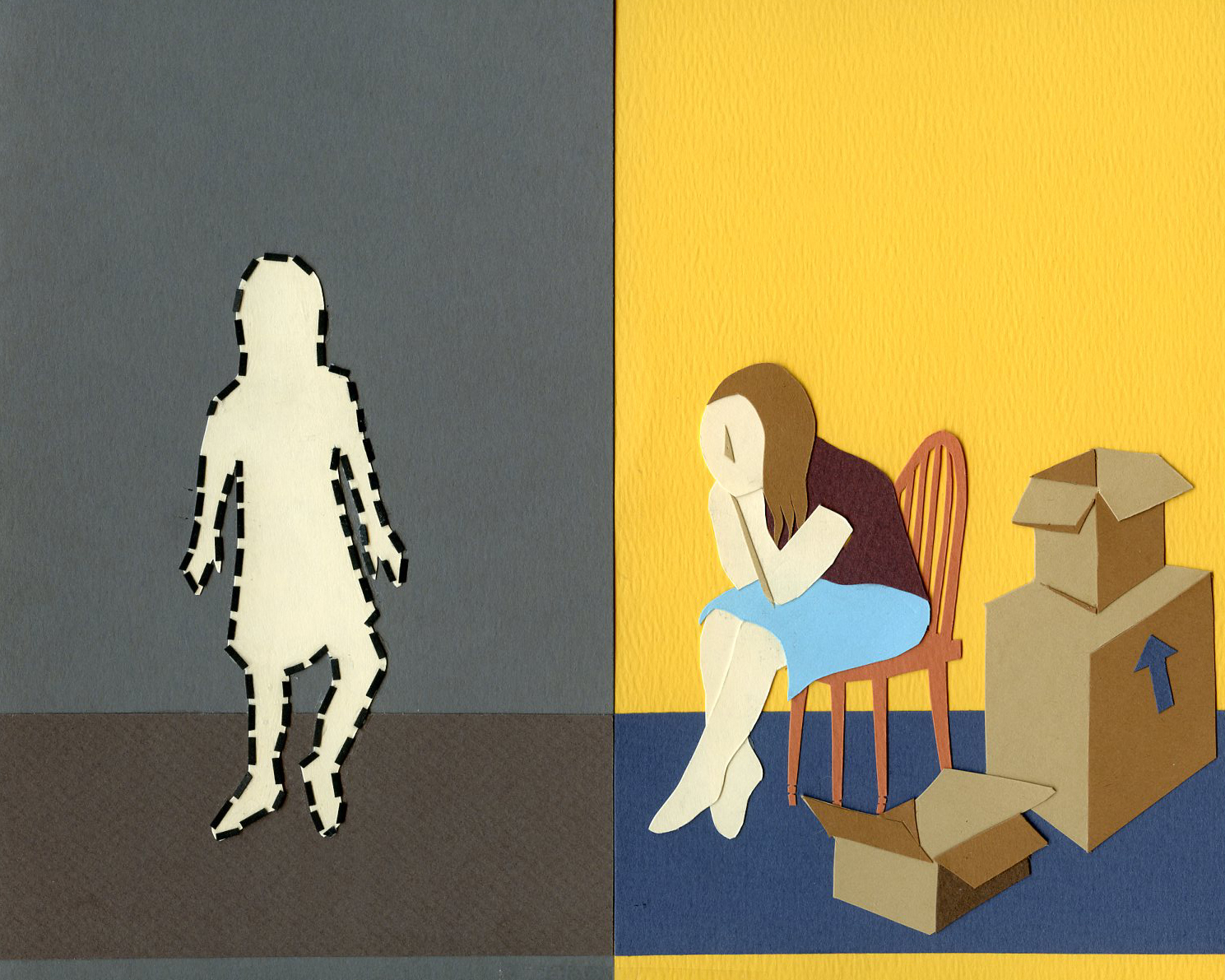Anticipated Nostalgia

An illustrated reflection on Joan Didion’s “Goodbye to All That” from Slouching Towards Bethlehem1
When I first read Joan Didion’s landmark essay, “Goodbye to All That” from her equally landmark collection Slouching Towards Bethlehem (originally published in 1961), I read it as a roadmap to my early twenties. I was a senior in college, encountering Didion for the first time in an undergraduate creative nonfiction writing class, and there was something about the sentence: “…one of the mixed blessings of being twenty and twenty-one and even twenty-three is the conviction that nothing like this, all evidence to the contrary notwithstanding, has ever happened to anyone before,” that rang with such awful and resonant truth that I could not ignore it.
At that time, my classmates and I were fixated on The Future. We thought of The Future in geographic terms: there was a land, flowing, we were promised, with milk, honey, and steady jobs, just over the graduation mountains to the west. If we followed the sun, provisioned well for our journey by the lessons of Econ 101 and the canon of the Great Books, and made that looming decision of “what we were going to do with our lives,” we would reach a Promised Land where all of our ambitions would be satisfied.
This question about The Future towered over my classmates and I like the spectre that haunted Europe at the end of the nineteenth century. There was a revolution coming, but I for one didn’t know what I was supposed to be fighting for. It was the spring of applications and interviews and self-conscious orations over the dining room table on what jobs we would be willing to take. I spoke with gratified self-absorption—this was before the recession hit—and I believed, though I proclaimed otherwise, that truly, nothing like this had ever happened to anyone before.
With that single sentence, Joan Didion put me in my place so firmly and so gracefully that for years I considered this essay to be the true, tell-all exposé of post-graduate life. I trusted Didion to tell me like it was. She saw my secret dreams, my yearning to be older and wiser and thus know what decisions I should be making now.
“All the songs I had ever heard sung,” Didion writes, “and all the stories I had ever read about New York, informed me that it would never be quite the same again. In fact, it never was.”
Years blur together in this essay as Didion reflects back on her early years in New York: “…was anyone ever so young? I am here to tell you that someone was.”
But to trust Didion at her word is to exchange one pair of tinted glasses for another. Like a university proselytizing its successful graduates and promising a return on the investment of their educations, Joan Didion is selling a story. A story which may turn out to be true, but one for which there is no guarantee of a happy ending. What Didion is selling is anticipated nostalgia.
She writes, “Of course it might have been some other city, had circumstances been different and the time been different and I been different, might have been Paris or Chicago or even San Francisco, but because I am writing about myself.” As a young reader of “Goodbye to All That,” I yearned to have my own New York, my own rickety apartment and late‐evening insomnia. To eat peaches on the corner of Lexington Avenue and feel the warm and sour subway air against my legs. To decorate my bare apartment with fifty yards of yellow theatrical silk. To be able to speak fondly one day of that time, “Remember when…”
To read and re-read “Goodbye to All That” is to project yourself into the future, past all the question marks of the present to a time when everything is figured out (because Didion doesn’t acknowledge that the questions continue past your twenties, past New York) and to a time when you can ruefully shake your head at your younger self. “Look at how young we were!” we’ll exclaim.
Looking back at the moment I first read Joan Didion, now a handful of years later, I wonder how wise it is to yearn after that romantic disenchantment. Wouldn’t it be nicer to think in terms of “Welcome”, rather than “Goodbye”?
Notes
-
Didion, Joan. “Goodbye to All That.” In Slouching Towards Bethlehem, 238. New York: Farrar, Straus and Giroux, 1990. (1961) ↩
Many thanks to Daniela Molnar and Sara Guest, who read and saw early versions of this reflection and illustration. It is better work because their feedback.